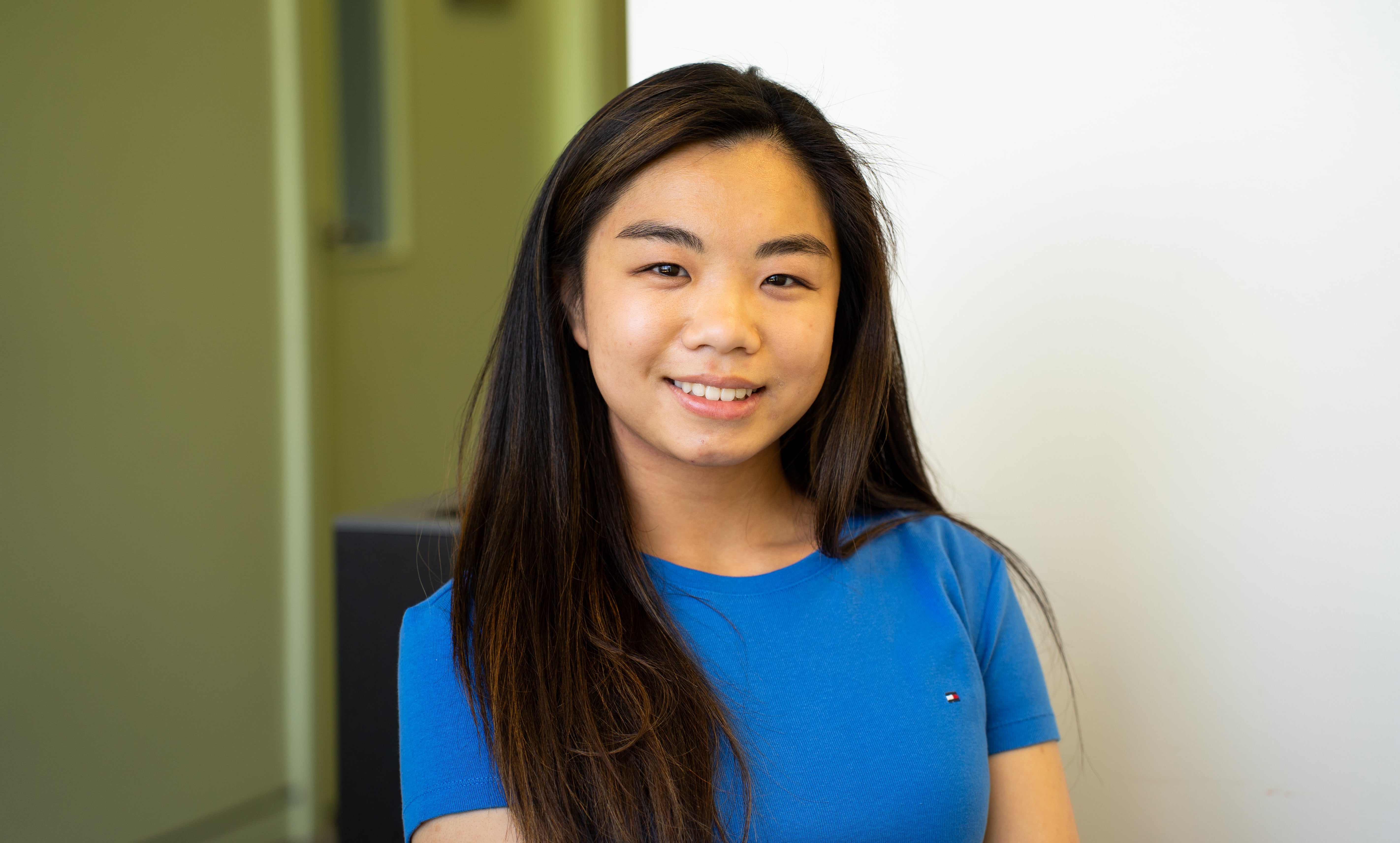Participating in EDGE will help you develop key professional skills, explore your career options and market yourself to potential employers.
The best thing is that we’ve designed EDGE to fit into your Waterloo journey without changing your plans. EDGE is voluntary, flexible and free to complete. So, you can work through the EDGE certificate at your own pace.
How can completing EDGE benefit me?
Identify the skills you've developed through your academics, extracurriculars, volunteering and paid employment and know how to communicate them when talking to employers.
Learn important career development skills like how to write résumés, succeed in interviews and find work that matches your values, skills and interests.
Gain experience through the work or volunteer opportunities of your choice.
Improve soft skills like communication and teamwork through online professional development courses.
Receive comprehensive evaluations from your supervisors and reflect on what you learn through your experiences.
Create a plan of action for your goals after graduation.
Gain future-ready skills

EDGE provides such a perfect way of gaining experience. One where it gives you enough guidance with the PD courses highlighting the things that are useful. It also allows you to reflect on your experience and take it to the outside world.

Questions about EDGE?
Interested in EDGE?
If you are unsure if EDGE is right for you, check out the eligibility and program requirements to learn more about the range of experiences you can have as part of EDGE.
